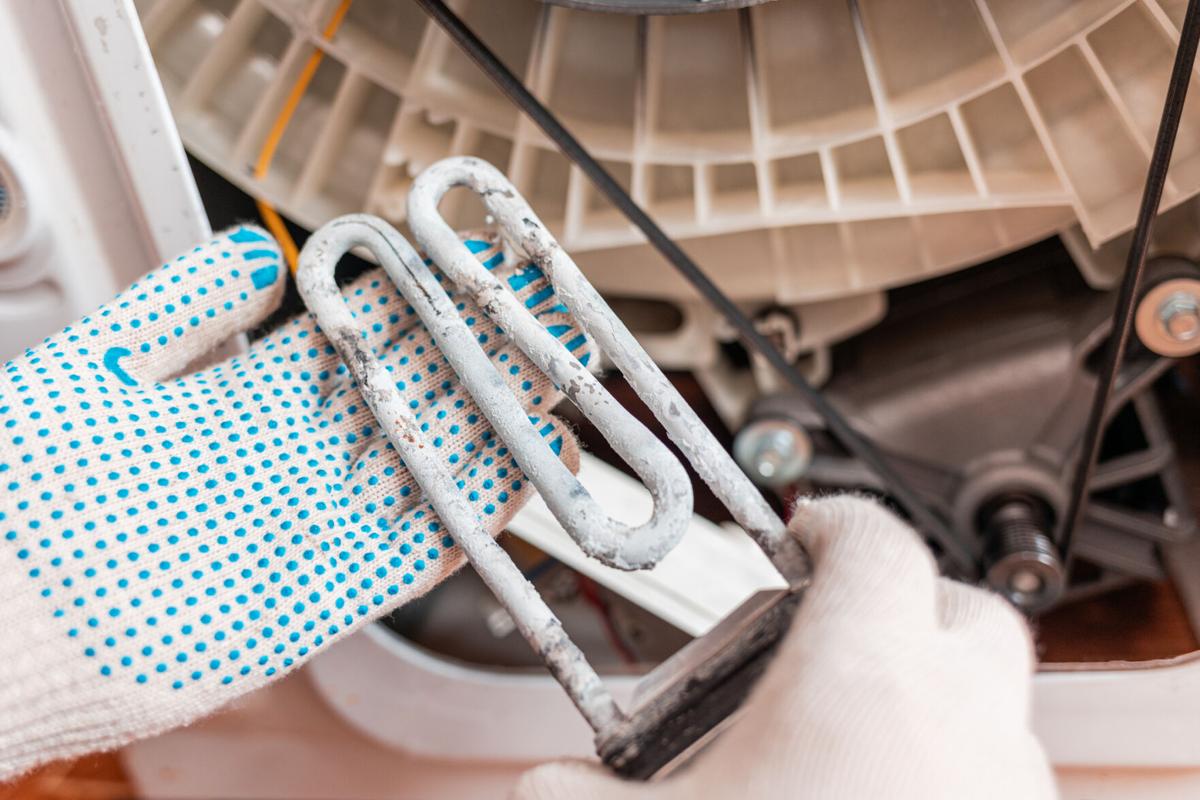Question: I am new to Tucson and heard I should consider adding a water treatment system to my home. Why?
Answer: Arizona’s water is considered “hard.” That means it contains dissolved minerals like calcium and magnesium. How hard your water is depends on how many grains of the minerals it contains per gallon. This is called grains per gallon, or GPG.
Water that contains more than 1 GPG is considered somewhat hard; water with more than 10.5 GPG is very hard. A typical glass of Arizona water has at least 15 GPG.
Water touches nearly every aspect of people’s lives. Only 1% of water that comes into a home is used for drinking. The other 99% is working water, proving that the benefits of high-quality water extend far beyond the kitchen faucet.
Health benefits
Clean, refreshing, drinkable water is a necessity for overall health. The Mayo Clinic tells us that water is the body’s principal chemical component and makes up about 50% to 70% of an individual’s body weight. Our bodies depend on water to survive.
Every cell, tissue and organ in your body needs water to work properly. Staying hydrated helps with focus and energy throughout the day. Dehydration can lead to fatigue, cloudy thinking and headaches.
Beyond our bodies
When water quality is subpar, not only do we not want to drink it, the effects reverberate throughout the home. The elements in hard water buildup in pipes and appliances and cause increased wear on clothes and glassware because those elements are harder to clean.
Whole house water treatment systems offer whole body benefits. Bathing in softened water leaves hair and skin softer and more hydrated than hard water. Soft water also:
Cuts down on cleaning time and costs
Reduces spotting on glasses and dishes
Keeps clothes, towels and linens cleaner and brighter
Helps prevent soap scum and hard water deposits on bathroom fixtures and shower doors
Saves on energy costs — water heaters function 30% more efficiently with soft water
Contributes to longer appliance life — appliances using soft water can last 30% longer.
Helps protect against plumbing problems such as mineral scale build-up and pinhole leaks from acid water issues
The Water Quality Association reports laundry costs can double for people using hard water. Clothes become stiff and rough when hard water deposits react with the chemicals in laundry detergents, and because more detergent is needed, colors fade and fabrics wear up to 15% faster. Washing machines can wear out nearly 30 times faster when using hard water. In fact, any appliance that uses or processes water works less efficiently with hard water. From coffee makers to water heaters, users will not experience the desired result without using soft water, made possible through treatment systems.
Soften and filter
A combination hybrid system softens and filters all the water to your home. In addition to the benefits above, chlorine, foul odors and tastes are also removed. This helps reduce the drying effects of chlorine on your family’s skin and hair and helps reduce fading of colored laundry. Chlorine can destroy resin in water softeners, so removing it helps prolong the life of your resin, too. Plus, some question the health effects of inhaling chlorine from shower steam or bathing in it.
Well water
If your home uses well water, the EPA advises and recommends that a complete EPA-certified laboratory test be done before installing a water treatment system.
Find a list of Certified Commercial Drinking Water Laboratories that are licensed by the Office of Laboratory Services to perform drinking water testing for Arizona at tucne.ws/waterlabs.
With so many tests available such as nitrite, iron, chloride, manganese, hardness, sodium, fluoride, pH, tannins, copper, lead, conductivity, alkalinity, pesticide option, BNLT, arsenic (request species type and concentration), radon and radionuclides, ask for package rates.
The Arizona Department of Health Services recommends “private well owners test their well water every three to five years for pollutants commonly found in Arizona’s groundwater.” For a list of commonly found pollutants, visit tucne.ws/wellwater. ADHS recommends that you have your water tested at an ADHS-accredited laboratory.
Also test your well when:
There are known problems with well water in your area
You have found a high radon concentration in your home (test the air in your home every seven to 10 years). If you have found high radon concentrations in the air, consider testing your water for radon.
You have experienced problems near your well (flooding, land disturbances, nearby waste disposal sites, wildfires)
You notice a change in water quality (such as color, taste, odor)
If anyone in your family has an unexplained illness
After you receive the test results, schedule an appointment to meet with a Rosie Water Pro (visit rosieonthehouse.com/trusted-partner) to review the best options for your home and family.





